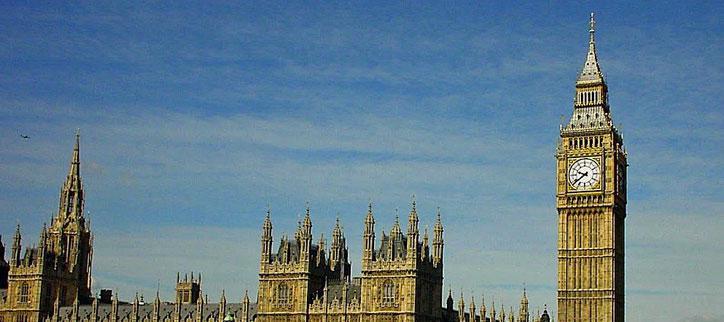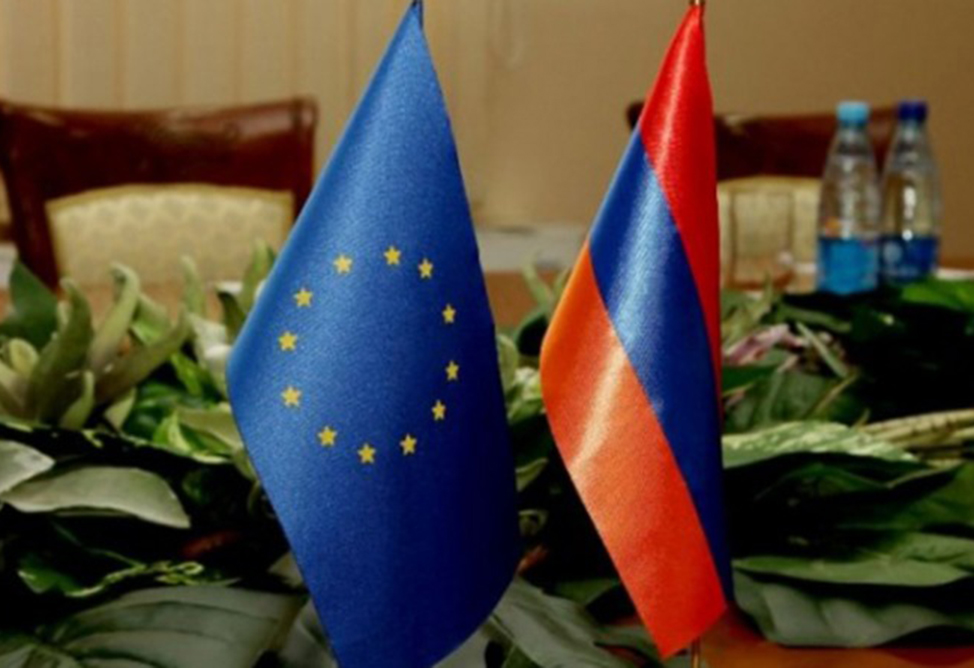UK foreign ministry calls on Armenia and Azerbaijan to end ceasefire violations and engage in dialogue

“We call on both sides to respect the ceasefire and engage in dialogue to de-escalate the situation and avoid further casualties. We urge both sides to show restraint and refrain from rhetoric that may increase tensions further,” the statement says.
“We reiterate our support for the negotiation process facilitated by the Co-Chairs of the OSCE Minsk Group aimed at securing a peaceful settlement to the Nagorno-Karabakh conflict. The continued violence threatens regional stability and prosperity, and highlights the urgent need for formal negotiations to resume.”
About Escalation of Tension on Armenia-Azerbaijan Border
Since July 12, the Azerbaijani Armed Forces have been carrying out aggressive actions against Armenia on the Armenian-Azerbaijani border. Azerbaijan made attempts to violate the state border in the Tavush region of Armenia using a tank, mortars, howitzers, drones and Grad MLRS. Shelling is carried out at Armenian strongholds, the Armenian villages of Chinari, Aygepar, Nerkin Karmirahpyur and Paravakar, as well as the city of Berd, were attacked. Two enterprises, houses of civilians and a gas pipeline were hit.
The Armenian Armed Forces provide a proportionate response to periodically renewed shelling and suppress enemy activity. The air defense units of the Armenian Armed Forces destroyed the control system of the UAV of the Armed Forces of Azerbaijan, as well as more than 10 drones.
On Tuesday, the Armenian defense ministry reported that, as a result of the shelling, two policemen, who were on combat duty, as well as three military personnel, were slightly injured. Major Garush Hambartsumyan, captain Sos Elbakyan, as well as junior sergeants Smbat Gabrielyan and Grisha Matevosyan were killed by the enemy’s shot. There are no casualties among the civilian population of Armenia. Azerbaijan officially confirmed the death of 11 people.
Concerns regarding the escalation on the Armenian-Azerbaijani border were expressed, in particular, by the Russian Foreign Ministry and the EU Special Representative for the South Caucasus and the crisis in Georgia, Toivo Klaar, co-chairs of the OSCE Minsk Group, the US Department of State, the United Nations, NATO, the ICRC and other international structures. The CSTO also expressed serious concern over the escalation of the border between Armenia and Azerbaijan and called for an immediate ceasefire. Dmitry Peskov, the press secretary of the President of the Russian Federation expressed concern by saying that Moscow was ready for mediation efforts to resolve the situation.About Karabakh Conflict
Karabakh conflict broke out in 1988 when Karabakh, mainly populated by Armenians, declared its independence from Azerbaijan.
On December 10, 1991, a few days after the collapse of the Soviet Union, a referendum took place in Nagorno-Karabakh, and the majority of the population (99.89%) voted for secession from Azerbaijan.
Afterwards, large-scale military operations began. As a result, Azerbaijan lost control over Nagorno-Karabakh and the seven regions adjacent to it. Some 30,000 people were killed in this war and about one million people fled their homes.
On May 12, 1994, the Bishkek cease-fire agreement put an end to the military operations. Since 1992, talks brokered by OSCE Minsk Group are being held over peaceful settlement of the conflict. The group is co-chaired by the United States, Russia and France. -0---



